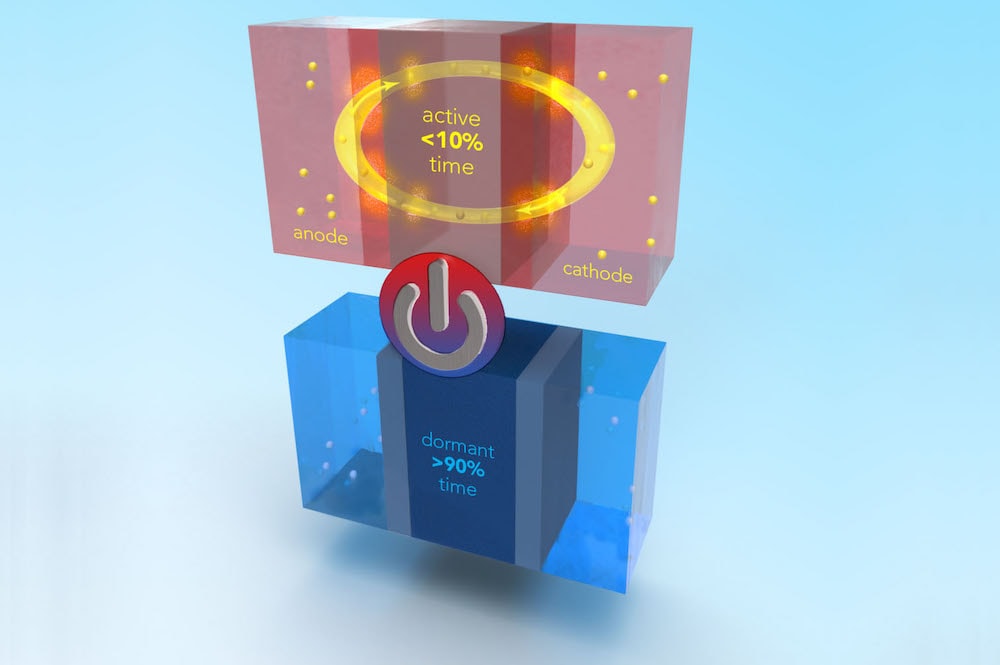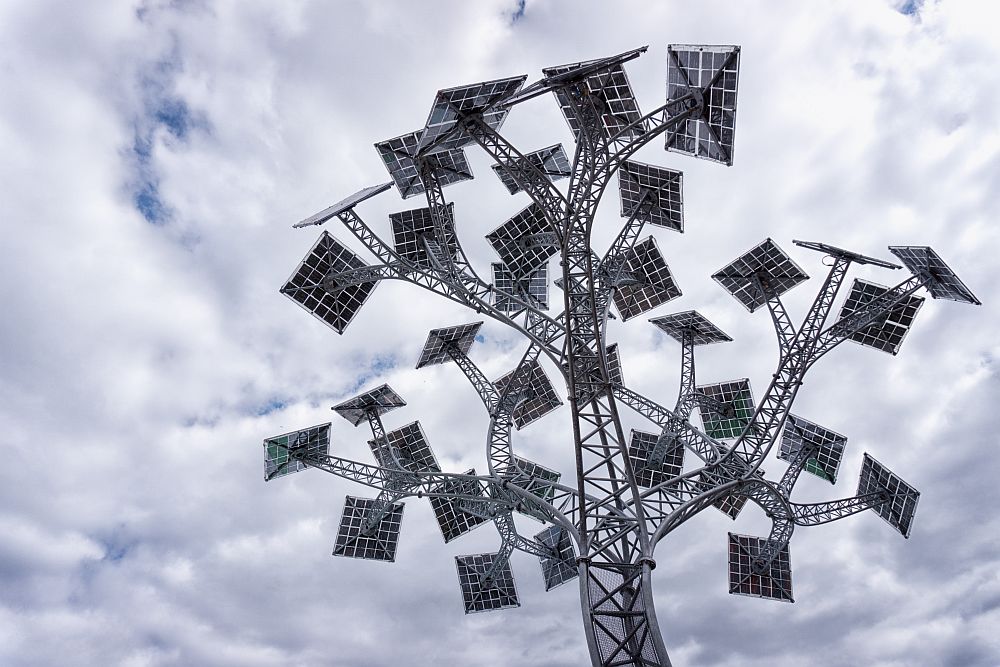
[Image above] Batteries can have both high stability and good power performance thanks to a self-heating ability. Credit: Jennifer McCann, Penn State
As countries around the world close their borders and mandate self-isolation in efforts to control the spread of COVID-19, cities around the United States are beginning to take action as well, including closing restaurants and schools and canceling large gatherings.
However, cities faced challenges promoting social distancing this past weekend because of what happens today—St. Patrick’s Day.
Despite canceling annual parades, some cities, such as Chicago and Pittsburgh, still faced hundreds of partiers flocking to celebrate the holiday. As a reveler in New Orleans explains in a NOLA.com article, “You respect the warnings, but you still have to live.”
Here at ACerS, we’ve respected the warnings and have already rescheduled several of our meetings. But we also continue to live life by celebrating St. Paddy’s day with some “green” energy research!
Today’s CTT focuses on a new lithium-ion battery developed by researchers at The Pennsylvania State University’s Battery and Energy Storage Technology Center. This battery attempts to overcome a dilemma inherent to many electric vehicle batteries.
“If the battery has high energy and power density … then there is a chance the battery can catch fire or explode in the wrong conditions. But materials that have low energy/power density, and therefore high safety, tend to have poor performance,” a Penn State press release explains.
To develop a battery with both high safety and performance, the Penn State researchers first developed a highly stable battery. Then, they incorporated a self-heating design developed about four years ago by Chao-Yang Wang, William E. Diefenderfer Chair in Mechanical Engineering at Penn State.
“By heating the battery from room temperature to around 60ºC (140ºF) the battery gets an instant boost in reactivity [power performance],” the press release explains.
In the paper describing the new battery, the researchers note the battery “offers high safety and stability at idle conditions, demonstrated through mechanical (nail penetration), electrical (high-voltage charge), and thermal abuse (high-temperature storage).” In addition, the battery “delivers 81% more discharge power and 65% more charge power while operating at 60°C.”
“All these key advantages … make [safe and energy-dense battery] cells highly promising for widespread application to, e.g., the next-generation electric vehicles,” they write.
In the future, the researchers say this self-heating ability will have a “profound impact” on future batteries, as the high reactivity of materials is no longer a requirement to achieve high performance. “The only requirement is stability at elevated temperatures,” they write.
The paper, published in Science Advances, is “A new approach to both high safety and high performance of lithium-ion batteries” (DOI: 10.1126/sciadv.aay7633).
Author
Lisa McDonald
CTT Categories
- Energy
- Material Innovations
- Transportation


